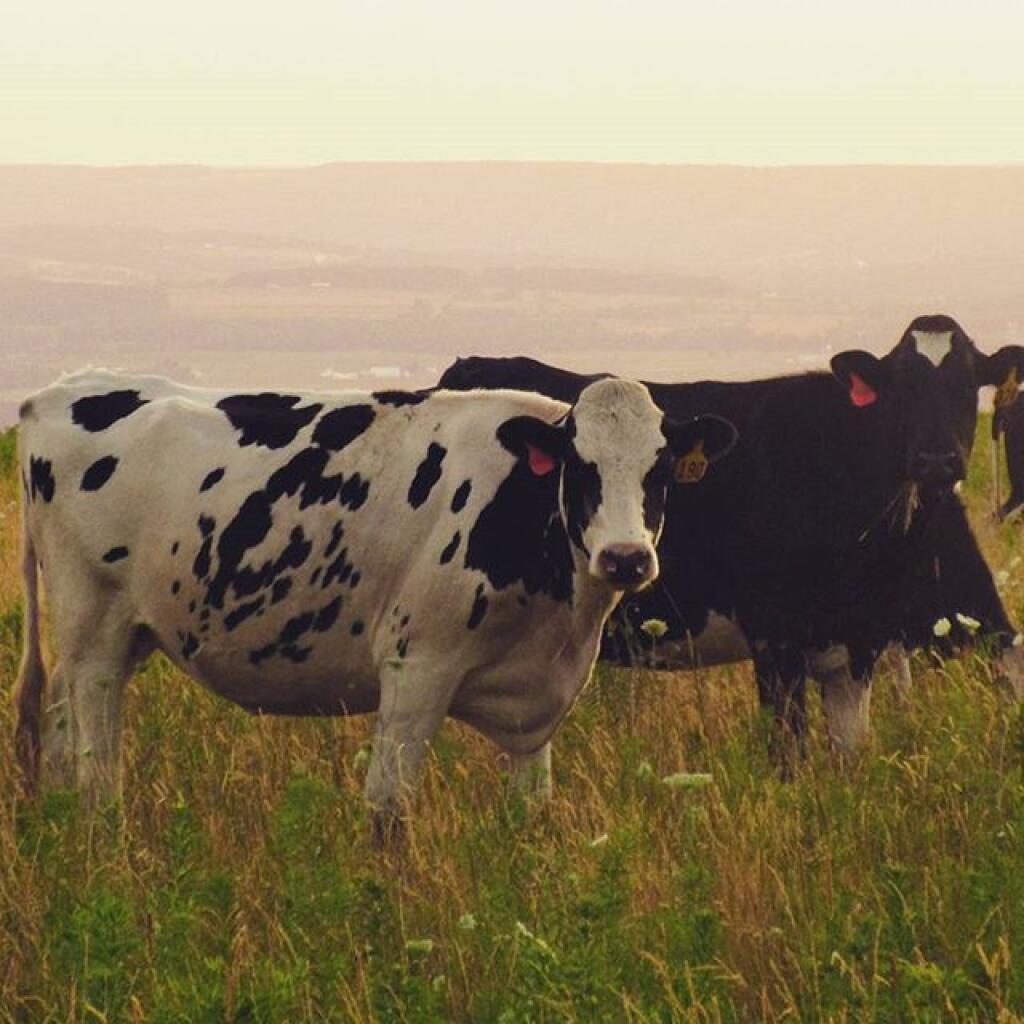Ducks spend a lot of time in water, nibbling at plants, bugs, and other shoreline inhabitants, If you let them wander in your vegetable garden or flower bed, they will help control garden pests, although you have to take care they don’t run out of other things to cat and start in on your pea vines or pansies. Muscovies in particular relish slugs, snails, and other crawly things. In fact, the San Francisco area once had a rent-a-duck service that loaned out Muscovies to local gardeners. Ducks also enjoy chasing flies, in the process offering not only fly control but also a great deal of entertainment, Ducks also keep mosquitoes from getting beyond the larval stage. Unfortunately, tadpoles will suffer the same fate.
From Gail Damerrow’s Barnyard in your Backyard.
